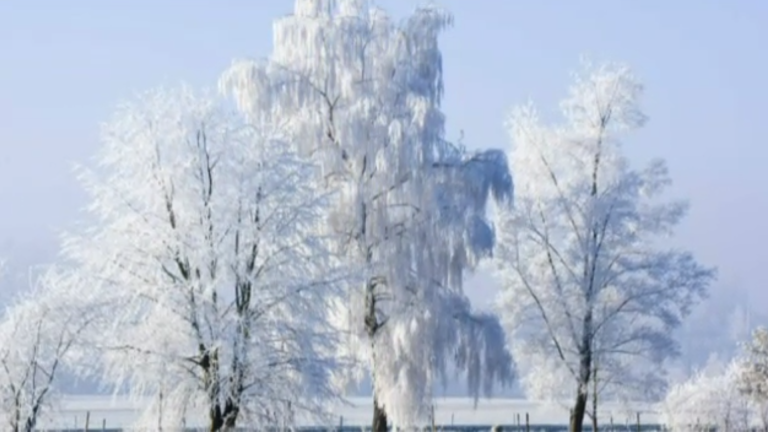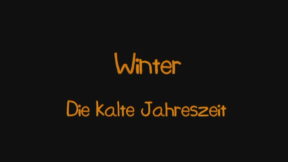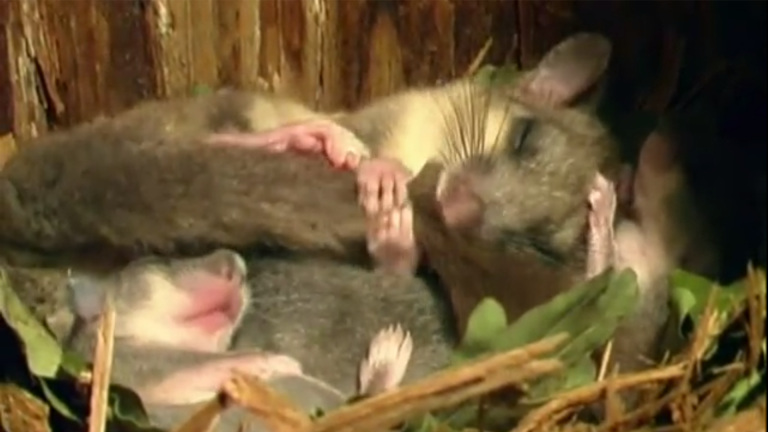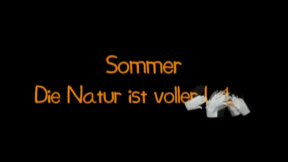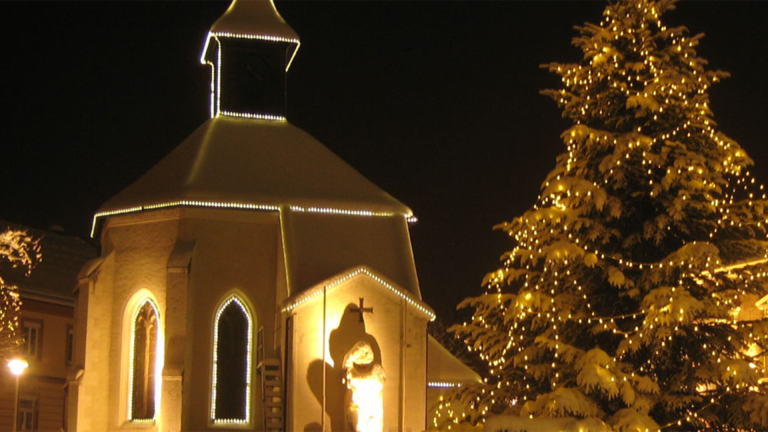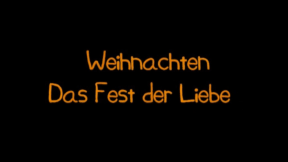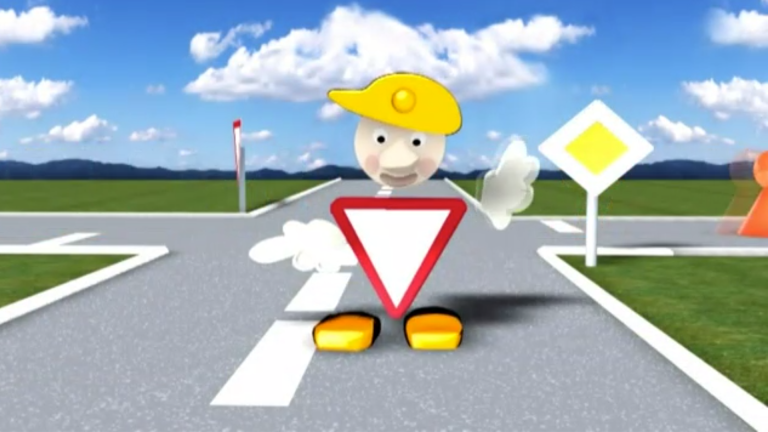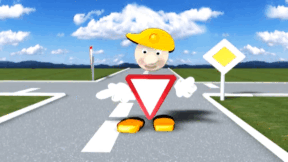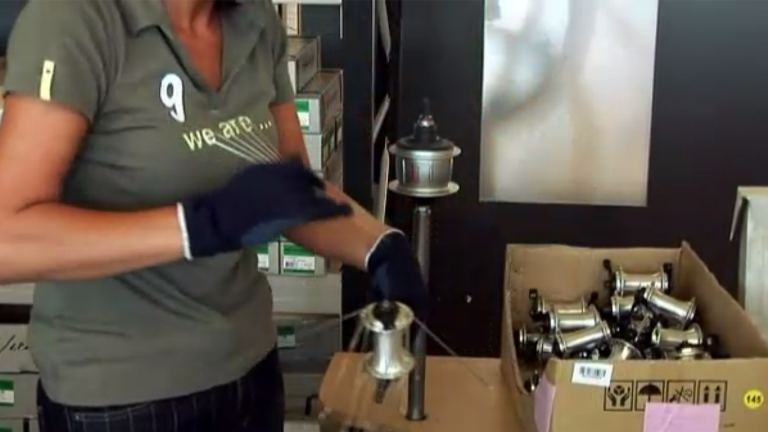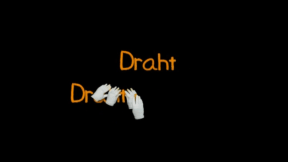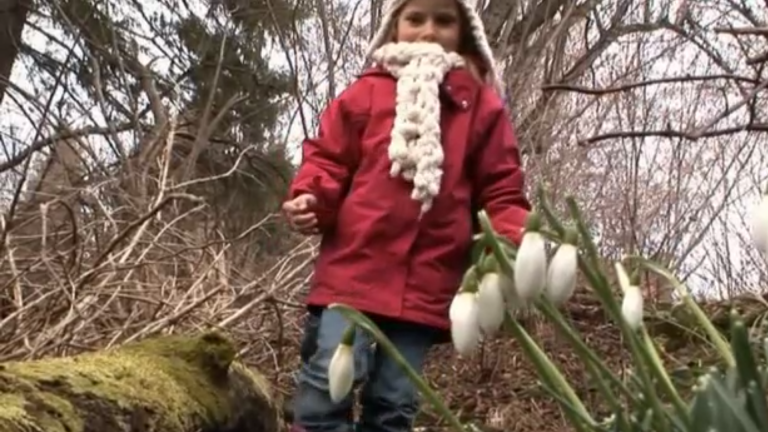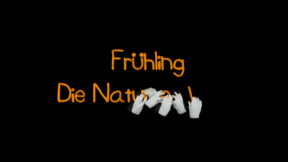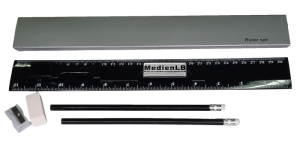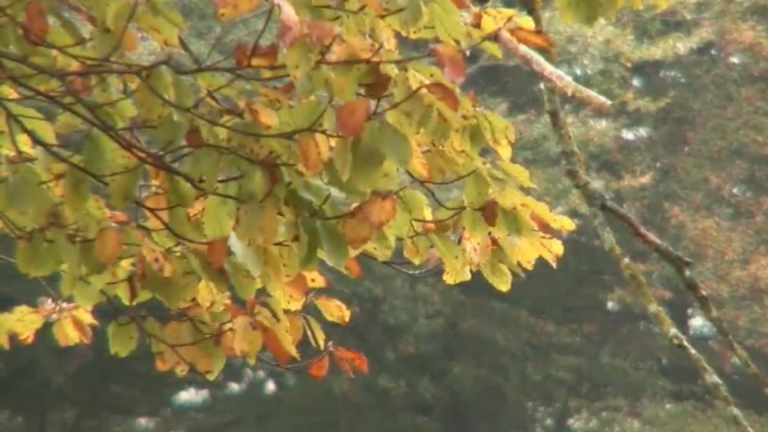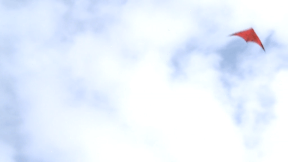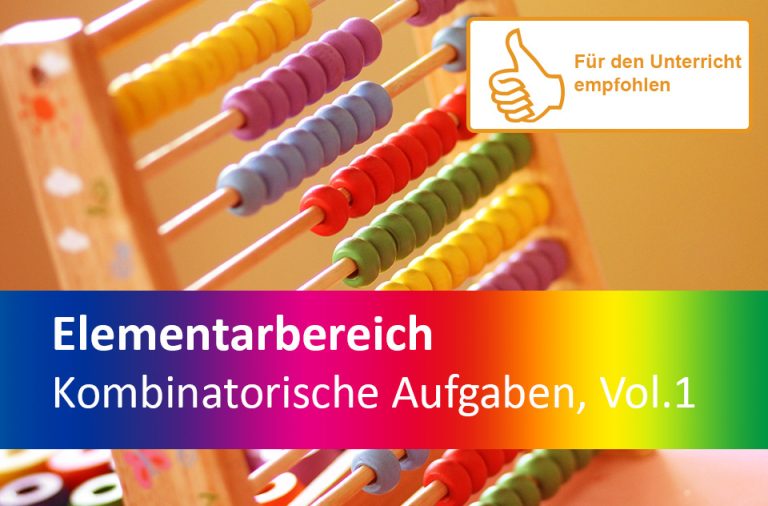Suche:
- # Artistry
- # Biology
- # Chemistry
- # Ecological
- # Economy
- # English
- # Foreign Language
- # Geography
- # German
- # Health
- # History
- # Informatik
- # Latin
- # Mathematics
- # Media Education
- # Music
- # Physics
- # Politics / Civics
- # Preschool
- # Primary School
- # Religion
- # Society
- # Sports
- # Technology
- # Training of Teachers
- # Vocational Education
Winter
Winter is the most extraordinary season. Trees without leaves, little sunlight, the majority of animals have disappeared and humans have to deal with black ice and coughs and sneezes. Nevertheless, winter also has a lot to offer that is available in that season alone: snow, winter sports, calm and peace. In short chapters, children learn how snow and ice form, why it is dark until late in winter and how plants and animals overwinter. Dangers related to the season are mentioned and it is explained how children can protect themselves. In addition, we show what interesting possibilities winter offers, which are only real fun during that time. Besides didactic-methodical considerations, the accompanying material includes a plethora of ideas to discuss this subject from all points of view and comprehensively, and to discover it from a new angle.
Learn moreSummer
Finally, summer has come! This DVD explains in a way suitable for children why summer comes, how life develops in nature and why we humans love this season so much. In short chapters, children learn why daylight hours are longer and how a thunderstorm builds up. The behaviour of animals and their young as well as changes in the flora are explained in a way appropriate for children. Rules for the right behaviour in the sun, in the water and during a thunderstorm are explained just like the dangers of a tick bite or wasp sting and the right reaction in such a situation. Besides didactic-methodical suggestions, the accompanying material also includes various games, songs, experiments, tips and suggestions providing an incentive to work on a topic, which is virtually a compulsory annual subject, from different points of view and holistically and to discover it from a new angle.
Learn moreChristmas
Christmas is a festival celebrated all over the world. Although it is a Christian feast, many people on Earth know and celebrate Christmas. Christmas time is a very special period that somehow casts a spell on the world around us. Streets and houses are decorated and music can be heard from all sides. Although the grown-ups are "under stress", so to speak, in December, it is nevertheless a cosy and pleasant time.
Learn moreRoad Safety Education
Road safety education for children is a difficult task for parents, tutors and teachers. Correct behaviour in road traffic is extremely hard to learn for children. They are not aware of the dangers. But how can you raise their awareness without frightening them? How can you encourage their autonomy in road traffic without exposing the children to dangers? The give-way sign “Signo” guides the children through traffic. It describes the correct crossing of a street and shows the dangers of playing next to a street and the right behaviour for passengers in a car. The film also describes the right clothes in the dark, the safe bike and the most important traffic rules. “Signo” asks well-directed questions to actively include the children in what is happening. The accompanying material contains ideas for practical implementation, games, songs, active games and painting sheets on the subjects. Work sheets for primary school are also included. Based on this comprehensive material, the DVD is ideal for projects in kindergartens, after-school care centres and primary schools.
Learn moreWire
At first glance, wire seems to be a nondescript, rather boring material, too humdrum to be bothered with. The intensive occupation with wire in the film as well as in the accompanying material, however, makes obvious what significance wire actually has in our society. It is truly indispensable! Through the film, children get acquainted with the differences between modern and historic wire manufacturing. Moreover, they see how a bicycle is made and thus learn why bicycles are also called "wire donkeys".
Learn moreSpring
Spring is an eventful period. We humans are glad that it gets warmer again and stays light longer. The warm air entices us to go cycling, to play or to enjoy the sun. The film describes the changes occurring in nature after the cold winter. We learn when it is spring again and how the seasons develop. We are shown the most popular spring flowers.
Learn moreAutumn
Autumn is a transitional period in which the days grow shorter and temperatures get colder. There are lots of different fruits which serve as food for the animals on trees and bushes in the forest and the park. It is the season when people harvest fruits and vegetables in their gardens. In the film, we are shown how nature changes in autumn. The pupils learn why the leaves turn orange and yellow and eventually fall off the trees. In a way that is easy to understand they are told how plants and animals prepare for the coming winter. Various animals are introduced that are storing up winter supplies and looking for a place for hibernating. In addition, the film shows how the harvested fruit can be used for cooking or crafting. The most important festivals – the harvest festival, Halloween and Saint Martin’s festival – are explained. Besides didactic and methodical considerations, also a wealth of most varied suggestions is available in the accompanying material indicating how to work on this topic in a multifaceted and holistic way and how to rediscover it.
Learn moreKombinatorische Aufgaben, Vol. 1
In unserem Arbeitsheft Elementarbereich, Kombinationsaufgaben, Vol. 1 finden Sie 50 interaktive und didaktisch aufbereitete Aufgaben.
Learn more



